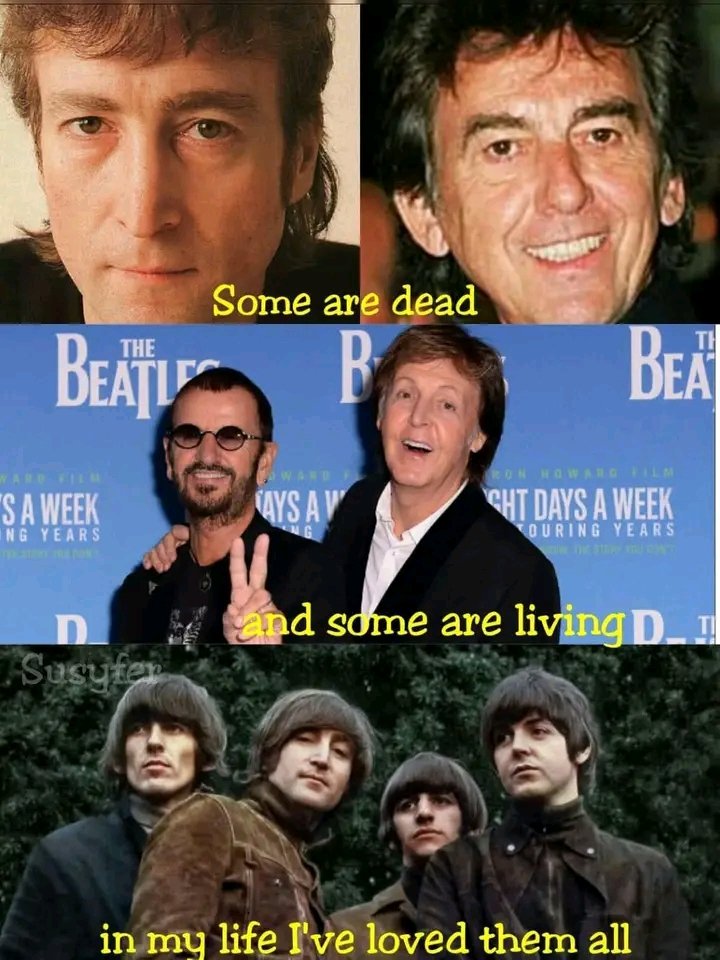As it stands, The Beatles hold the crown of being the artist with the most number one hits as they took home 20 trophies in their time. But as modern acts are quickly catching up to knock them off the top spot, maybe it’s time to switch attention to the best of the second place.
The Beatles’ relationship to the charts was an interesting one, both in terms of time and personal context. As a simple reminder, it’s always important to note that in the 1960s, the chart actually was king. Whereas now it seems besides the point, as that official ranking becomes less and less reflective of actual musical tastes or current culture, it was a complete mirror back then. When the only way to listen to music was through physical formats, it meant that sales genuinely did equal popularity.
Without the confusion of online streams or even the impact that social media has had on listening habits, and at a time when there were simply fewer artists vying for attention, popularity was much less pocketed in different echo chambers—the chart was simpler, so the winner was clearer.
Time and time again, that clear winner was The Beatles. After getting their first UK number one with ‘From Me to You’ in 1963, they sprinted off on a golden run as the launch of Beatlemania sent fans out in droves to buy their releases, and sent them to the top of the chart, time and time again. They started racking up those wins. But as it became a more common occurrence, the personal pressure landed as each time a release didn’t take the crown, they’d be left somewhat disappointed and wondering why.
The charts were so changeable back then, though. Unlike now, where a song can sit stagnant at the top for weeks and even months on end, purely because the whole system feels broken, before it was switching up each and every week as listeners raced out with their cash to purchase whatever new 7” needed to be heard.
In such a fast-paced marketplace, and during what so many consider to be the absolute golden age of rock and roll, where timeless anthems were casually put out every week, it’s inevitable that great singles fell through the cracks. I’m not talking about the ones that completely flopped, like the release of ‘Back in the USSR’, which peaked at 19. I’m talking about the tracks that just missed the mark and fell at number two, where several of The Beatles’ best-ever singles found themselves.
What was The Beatles’ best charting single in second place?
The competition for the title of the band’s best number two single is tough. Their debut single, ‘Please Please Me’, peaked at number two and now feels like the calm before the Beatlemania storm, reflecting their first step through the door with the incredible opening number that launched them.
Later down the line, the double-A side of ‘Penny Lane’ and ‘Strawberry Fields Forever’ landed at number two in 1967. That one felt personal as ‘Penny Lane’ tells of their reflections on the characters of their hometown, like ‘Strawberry Fields Forever’ that dives into John Lennon’s psyche on what was their most psychedelic release to date. The track is a triumph of production, but perhaps the world wasn’t quite ready for how pioneering it was.
But of all their number twos, the fact that ‘Let It Be’ didn’t nab the top spot feels like a crime. Given that the ballad is now one of the best-loved songs ever written and has rightfully taken a throned seat as one of the world’s all-time favourite songs, the fact that audiences didn’t instantly elevate the track to the top spot should be used as proof that the general public cannot be trusted.
Specifically, the general public of the UK, as British audiences failed the song, leaving it at number two, while plenty of other countries gave it the flowers it deserved. As the penultimate single the band released before their split, it deserved better, and given how golden the song is as a pure example of McCartney’s balladic greatness, it definitely deserved the crown.
